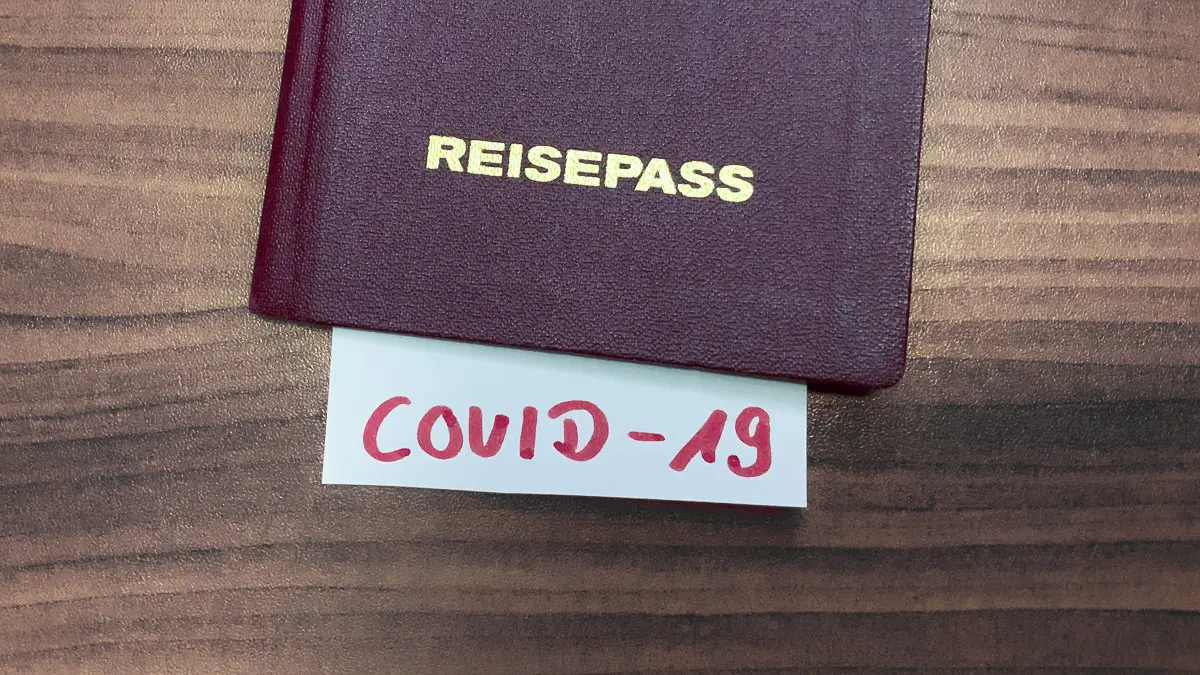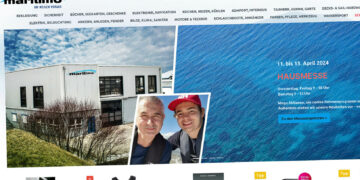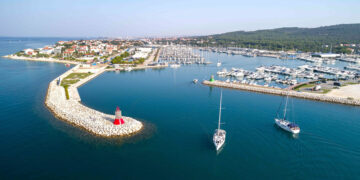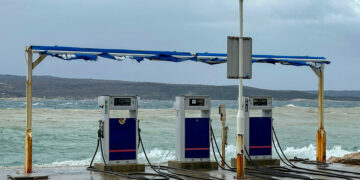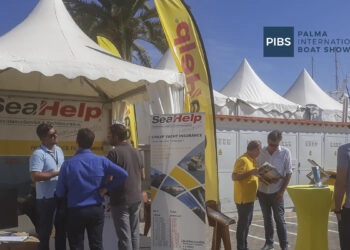Coordinated tourism measures instead of going it alone at national level
Ministers also explained various measures that Member States will take to mitigate the impact of the pandemic on the tourism and other related sectors. In addition, many governments are introducing tourism specific measures to address the immediate impact of the sector and facilitate recovery. Representatives of the Member States agreed that more could be done in a more coordinated way than at present and that support for tourism should be one of the top priorities of the European Economic Recovery Plan.
No “politicians’ talk”
The Ministers also expressed their strong support for new and innovative measures at national and EU level for a rapid and efficient recovery of the tourism sector. And in this case, this did not mean the usual “politician’s talk”, as emerged from a tweet by Croatian Tourism Minister Gari Cappelli, which we are translating into German here:
Hopeful Tweet by Gari Cappelli
Minister @CappelliGari after video conference of tourism ministers:
it was agreed to draw up a common travel document valid for all countries, and the possibility of establishing tourist corridors in the road, rail, shipping and air transport sectors was discussed
Ministar @CappelliGari nakon videokonferencije ministara turizma: Dogovoreno je da se napravi zajednički dokument za putovanja koji bi vrijedio za sve zemlje 🇪🇺, a razgovaralo se i o mogućnosti uspostave turističkih koridora u cestovnom, željezničkom, plovnom i avioprometu. pic.twitter.com/fbHkXj9QdN
— Vlada Republike Hrvatske (@VladaRH) April 27, 2020
COVID-19 passport
This document was called COVID-19 passport or COVID-19 passport by some participants. It therefore clearly refers to the health status of the owner of the document. Minister Cappelli added, following media reports, that a common plan for crisis management had been agreed, independent of individual plans in individual EU countries.
Many countries interested in exchange
“Tourism is the key to strengthening, i.e. saving, economies,” said Cappelli, citing examples from other tourism countries besides Croatia, such as Italy, Spain and Greece.
“We will agree on this by the end of May at the latest, if not jointly then bilaterally with interested countries. So far we have a respectable number of interested countries,” said Cappelli. As could be heard on the fringes of the conference, this probably also includes Austria and Germany.
When asked by reporters whether the entry of tourists into the country should be controlled by the acquired immunity against coronavirus, Cappelli declined to answer. “I will not discuss these details; a joint protocol will be drawn up to ensure that the same rules apply on arrival and departure. All countries are working on the document, we were all there together.
Tourism important for gross domestic product
The videoconference also highlighted the fact that in many EU countries tourism not only contributes to GDP, but also affects many sectors involved in its value chain, bringing much needed revenue to local communities and individuals. In Croatia, for example, tourism accounted for almost 17 per cent of GDP, while in other Member States it ranged from 2.6 per cent in the Slovak Republic to 20.6 per cent in Greece.
Croatia holds the Presidency of the European Council
Ultimately, the entire tourism industry can consider itself lucky to have Croatia as the EU nation holding the Presidency of the Council of the European Union, which understands the problems of the tourism industry better than almost any other country. Tourism Minister Gari Cappelli, who chaired the video conference, is likely to be a practitioner who obviously has the necessary understanding of both sides, i.e. of the tourists and the companies involved in the tourism value chain.
Please read also:


